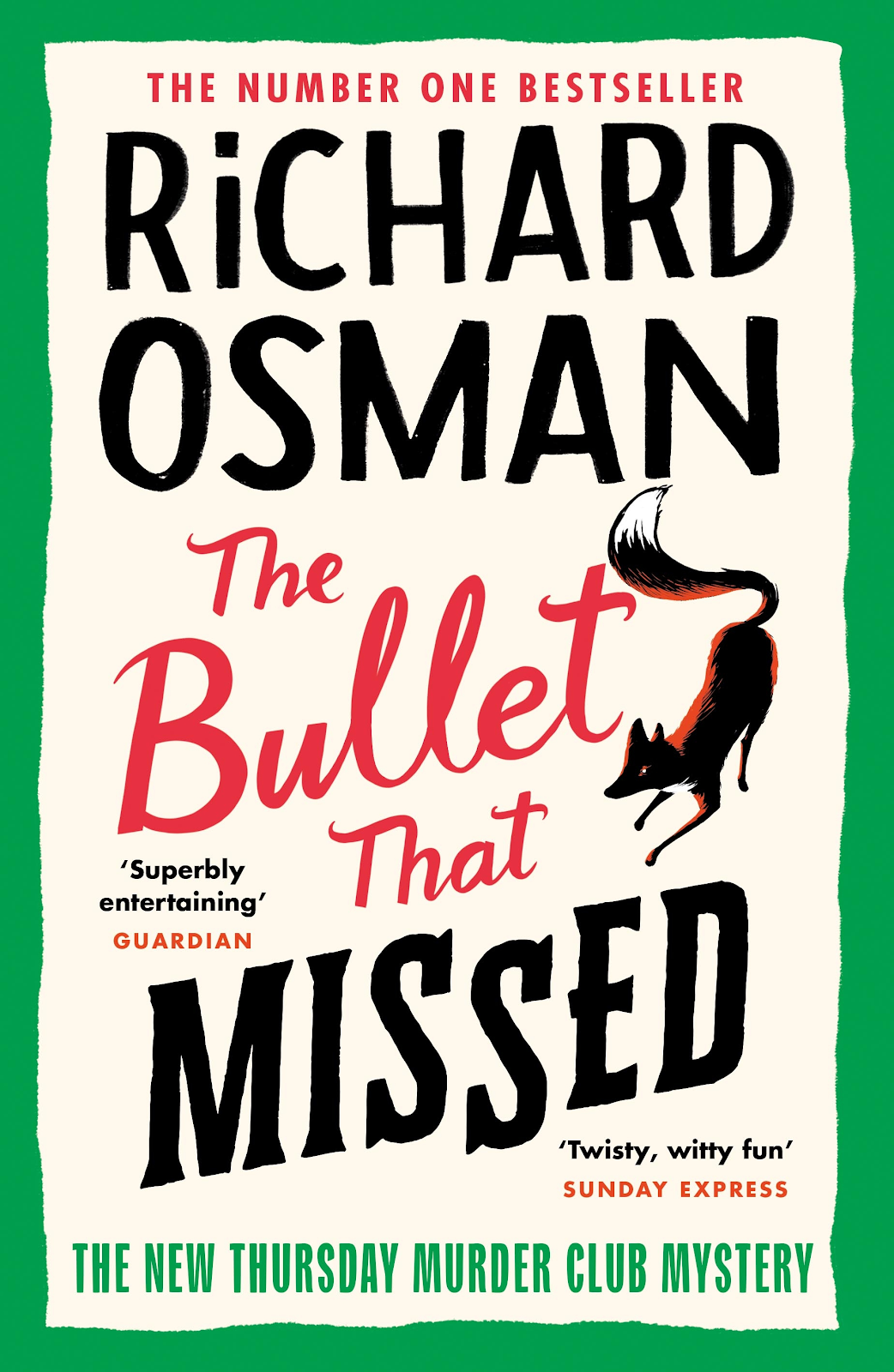(This is the second catch-up book review post. Look for BOTW to return later this month.)
A librarian friend In Massachusetts said that her library hosted a program with local author Peter Zheutlin talking about the biography and novel he wrote about his adventurous great-grandaunt. I checked out both and read the novel first. "Spin" works two ways in this true-story novel. Annie Kapchovsky did indeed take a spin around the world on a bicycle. That was back in 1894 and she did it to earn a $5000 prize. That would be enough to support her family (her Talmud scholar husband and two children) for years. And as she cycled she spun her story, from her nom-de-voyage (Annie Londonderry) to her background (Harvard medical student!). She took liberties with the terms of the challenge, changing bicycles from the clunky 42-lb Columbia to the sleeker 21-lb Sterling. Though she went around the world she traveled a lot of it by boat (of course) and by train. And, yes, she made it!
"The lesson I learned was this," Annie tells her granddaughter Mary years later. "Never underestimate the power of the mind to see what it wants to see and to believe what it wants to believe....For the most part people wanted to believe, and so they did. Perception has a way of becoming reality." (p. 191)
This nonfiction account is very detailed but easy-to-read and has many good photographs. The novel is more sprightly because it's told by Annie to her granddaughter.
This memoir and call to action struck chord after chord with me. Bill McKibben's parents chose to move to Lexington, Mass., in the early 1960's because of its proximity to Boston, its excellent schools, and at the time still-affordable housing. That milieu set the course for
his life as an environmental activist and writer.
The Flag: the town's place in American history was inescapable, of course, and one of McKibben's summer jobs was as a tour guide at the national park. But Lexington was a contemporary town, too. McKibben recounts the affordable/fair housing effort that townspeople supported until the issue reached their own back yards.
The Cross: Like a majority of Americans in those years the McKibbens were active members of their church, in this case the socially-progressive mainline United Church of Christ (and the oldest congregation in Lexington). McKibben writes about the decline in church participation in the decades since.
The Station Wagon: the way to get to anywhere in the U.S. is by automobile. That culture - the rite of passage getting a driver's license, piling the family aboard to head out to the beach or on vacation -- but also altering the landscape with streets and highways, hours spent in traffic, pollution, climate change.
What the Hell Happened: McKibben believes that the "graying Americans" have a lot of influence to wield and he calls them (us!) to action NOW.
A couple of years ago McKibben wrote Radio Free Vermont, his only novel to date. A 70-ish radio broadcaster, a 20-is computer geek, and a former Olympic skier are involved in a plot for Vermont to secede from the US. It's a rollicking caper -- subversiveness at its best!
# # # # #
The odd quartet -- golden-agers Elizabeth (former MI5 agent), Ibrahim (still a psychologist), Rod (union organizer), and Joanna (a not-so-ordinary housewife and mother) -- set out to solve another unsolved mystery. They don't do it alone! They have help from police constables Chris and Donna; the local (now-jailed) drug dealer Connie; former KGB agent Viktor (with whom Elizabeth crossed paths); jack-of-all-traded Bogdan, and a host of others. The story is told from multiple points of view with twists and turns -- and in the end the Club finds out what happened to the young reporter who disappeared two decades before.
The series gets better with each book. It would be great on television.
# # # # #
Jenny Newberg has messed up many times in her life. She's a single mom, recently unemployed, and behind in her house payment. "I'm sorry" peppers most of her conversations with everyone including her chain-smoking mother Carla and her best friend Lyd but mostly with her smart, imaginative seven-year=old daughter Billie Starr. When two black-suited men offer her $5000 if she carries out a scheme to discredit the underdog candidate for governor she says yes. What can go wrong? The scheme leads to job (for pay!) with the candidate's campaign. But when Billie Starr goes missing after a class field trip Jenny has to quickly reevaluate everything about her existence -- and Billie Starr comes first.
There's humor, sorrow, some suspense, blame, forgiveness, acceptance -- and in the end, love. That's it for now. Happy reading to all!






Radio Free Vermont and The Osmond series (new to me) look wonderful...thanks so much for the tips from an inveterate reader ;))) hugs, Julierose
ReplyDelete